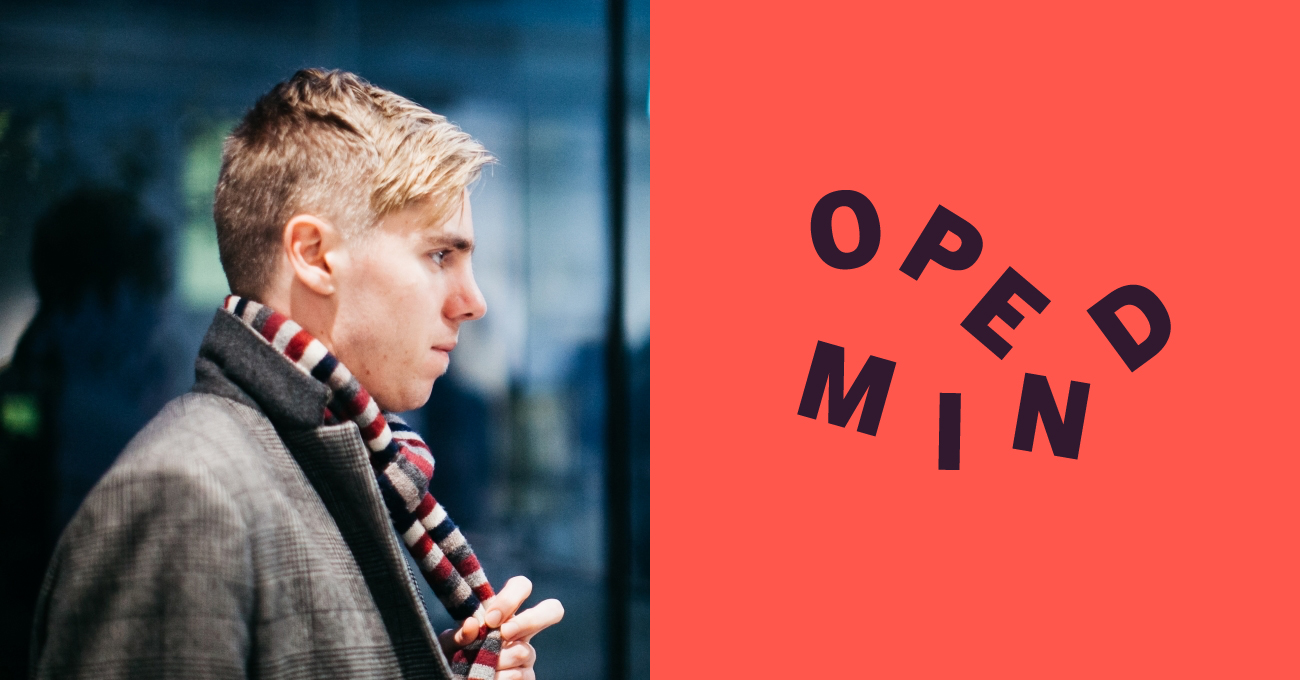
In our first blog post, we explained why we at Science Gallery Dublin were choosing to tackle the challenge of “mental health and well-being management with young people”. In today’s post, we’ll delve a bit deeper into the mental health issues that affect Europe, and how co-creation may be a way to address the problem.
What are mental health problems?
Mental health problems cover a wide range of illnesses, including disorders such as mild or moderate anxiety and depression, drug and alcohol use disorders, and severe disorders such as severe depression, bipolar disorders and schizophrenia. Comorbidity of mental disorders and physical illnesses, and multiple mental health problems, is common. Some mental disorders may affect individuals for only a short time, while others affect individuals their entire life. Mental health problems often result from a complex interplay of many factors, including genetic, social and economic factors, and can be provoked or worsened by behavioural and environmental factors such as alcohol and drug abuse, poverty and debt, trauma, or physical ill-health.
Across Europe the burden of mental health problems is very high, both in terms of morbidity and mortality. Over 84,000 people died of mental health problems and suicides across EU countries in 2015. However, this number is an underestimation, as many people with mental health problems also die prematurely because of higher rates of physical health problems and chronic diseases that are not properly treated.
The economic burden is also significant. In 2015, the overall costs related to mental ill-health are estimated to have exceeded 4% of GDP across the 28 EU countries. This equates to more than €600 billion. This total breaks down approximately into the equivalent of 1.3% of GDP (or €190 billion) in direct spending on health systems, 1.2% of GDP (or €170 billion) on social security programmes, and a further 1.6% of GDP (or €240 billion) in indirect costs related to labour market impacts (lower employment and lower productivity).
Co-creation as a tool
There is an obvious need to address mental ill health in the most effective way. Co-creation is a critically important approach in tackling mental health, as there is a direct link between patient empowerment and improved mental health. “Empowerment” is a core concept of WHO’s vision of health promotion. “People should be empowered to promote their own health, interact effectively with health services and be active partners in managing disease”.
Historically, people with mental health problems have lacked a voice. Neither they nor their families have been involved in decision-making on mental health services, and they continue to be at risk of social exclusion and discrimination in all facets of life. In a mental health context, empowerment refers to the level of choice, influence and control that users of mental health services can exercise over events in their lives. The key to empowerment is the removal of formal or informal barriers and the transformation of power relations between individuals, communities, services and governments.
The Mental Health Declaration for Europe, the Mental Health Action Plan for Europe and the European Pact for Mental Health and Wellbeing identify the empowerment of people with mental health problems and those who care for them as key priorities for the next decades. Empowerment needs to take place simultaneously at the population and the individual levels. Empowerment is a multidimensional social process through which individuals and groups gain better understanding and control over their lives. As a consequence, they are enabled to change their social and political environment to improve their health-related life circumstances.
Being included in the society in which one lives is vital to the material, psychosocial, and political empowerment that underpins social well-being and equitable health. As health is a fundamental human right, empowerment of young people and their families, friends or other informal carers is a societal task that encourages all communities, employers, trade unions, schools and colleges, voluntary organisations to respect health and well-being of individuals and populations and act in ways that empower individuals and groups to respect their own and other people’s rights to health and well-being.